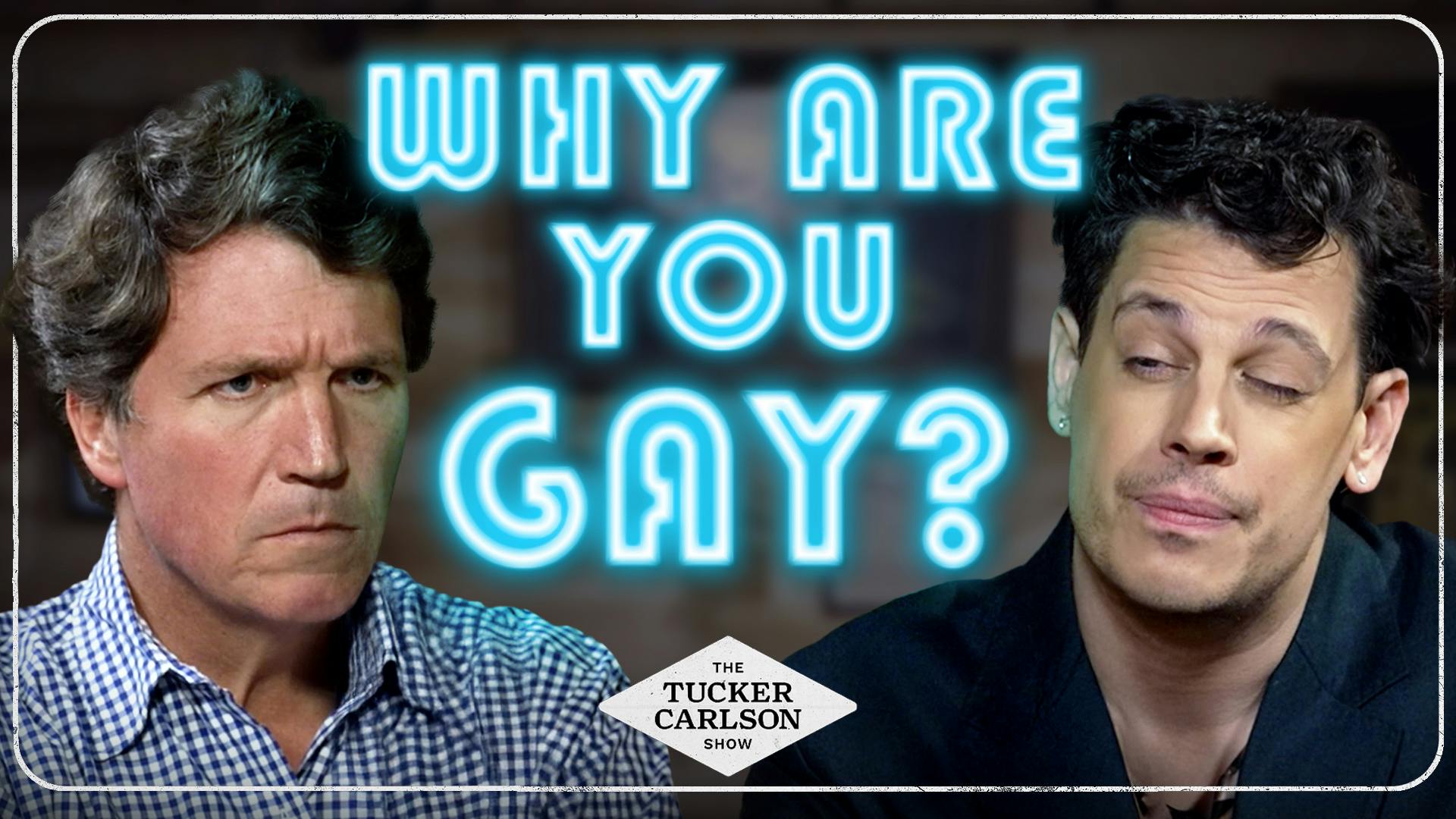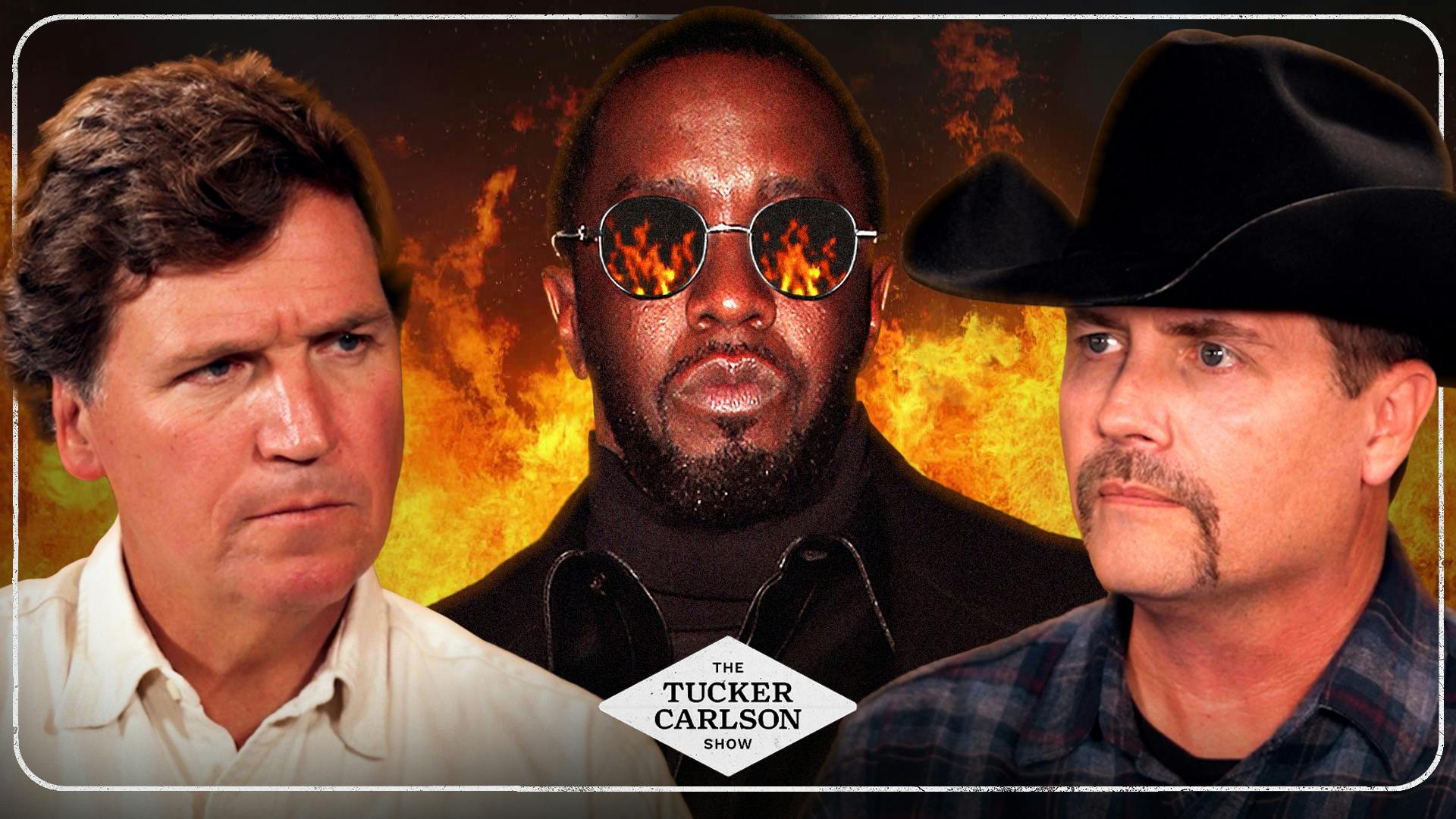Whistleblower Exposes the Real Puppet Masters Controlling the State Department and Plans for Gaza
Shahed Ghoreishi says Mark Levin’s stepson got him fired from the State Department last month because he didn’t repeat Israeli talking points.
(00:00) What Was Ghoreishi’s Job at the State Department?
(07:26) How Does a Press Officer Know What the Official US Position Is?
(14:03) Why Was Ghoreishi Fired?
(32:09) Mike Johnson’s Visit to “Judea and Samaria”
(35:42) Who Is David Milstein?
(54:58) Is Anyone at the State Department Truly America First?
(58:46) The Damage Mike Huckabee Has Done to American Foreign Policy
(1:05:17) What Is the Real Plan for Gaza and the West Bank?
Paid partnerships with:
GCU: Find your purpose at Grand Canyon University. Learn more at https://GCU.edu
PureTalk: Go to https://PureTalk.com/Tucker to and save 50% off your first month.
SimpliSafe: Visit https://simplisafe.com/TUCKER to claim 50% off a new system. There's no safe like SimpliSafe.TCN: Watch the full series as soon as it premieres: tuckercarlson.com/the911files
Learn more about your ad choices. Visit megaphone.fm/adchoices
(00:00) What Was Ghoreishi’s Job at the State Department?
(07:26) How Does a Press Officer Know What the Official US Position Is?
(14:03) Why Was Ghoreishi Fired?
(32:09) Mike Johnson’s Visit to “Judea and Samaria”
(35:42) Who Is David Milstein?
(54:58) Is Anyone at the State Department Truly America First?
(58:46) The Damage Mike Huckabee Has Done to American Foreign Policy
(1:05:17) What Is the Real Plan for Gaza and the West Bank?
Paid partnerships with:
GCU: Find your purpose at Grand Canyon University. Learn more at https://GCU.edu
PureTalk: Go to https://PureTalk.com/Tucker to and save 50% off your first month.
SimpliSafe: Visit https://simplisafe.com/TUCKER to claim 50% off a new system. There's no safe like SimpliSafe.TCN: Watch the full series as soon as it premieres: tuckercarlson.com/the911files
Learn more about your ad choices. Visit megaphone.fm/adchoices
Press play and read along
Transcript
Transcript is processing—check back soon.
The Tucker Carlson Show — Whistleblower Exposes the Real Puppet Masters Controlling the State Department and Plans for Gaza





